Digital marketing encompasses all marketing efforts that use an electronic device or the internet. Businesses leverage digital channels such as search engines, social media, email, and other websites to connect with current and prospective customers.
In practice, it typically refers to marketing campaigns that appear on a computer, phone or other device. It can take many forms, including online video, display ads, and social media posts.
Why is digital marketing important?
It helps you reach a larger audience than you could through traditional methods, and target the prospects who are most likely to buy your product or service. Additionally, it’s often more cost-effective than traditional advertising, and enables you to measure success on a daily basis and pivot as you see fit.
There are a few major benefits:
- You can target only the prospects most likely to purchase your product or service.
- It’s more cost-effective than traditional marketing methods.
- It lets you outrank bigger players in your industry.
- It is measurable.
Types of digital marketing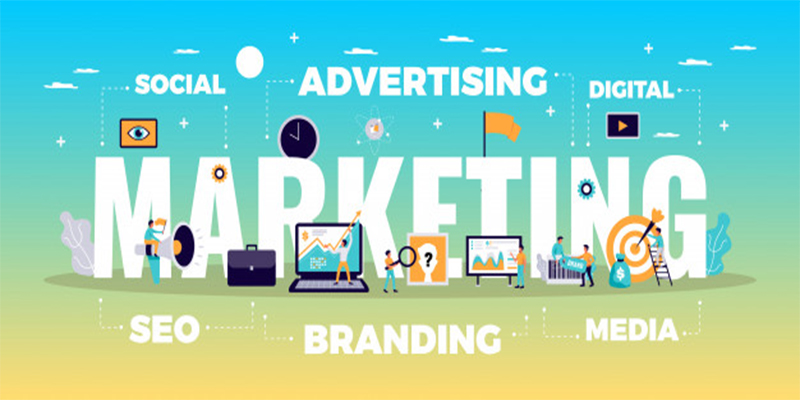
There are as many specializations as there are ways of interacting using digital media.
- Search engine optimization
- Content marketing
- Social media marketing
- Pay-per-click marketing
- Affiliate marketing
- Email marketing
Inbound marketing versus digital marketing
Digital marketing and inbound marketing are easily confused, and for good reason. It uses many of the same tools as inbound marketing—email and online content, to name a few.
Both exist to capture the attention of prospects through the buyer’s journey and turn them into customers. But the 2 approaches take different views of the relationship between the tool and the goal.
Ineffective forms of digital marketing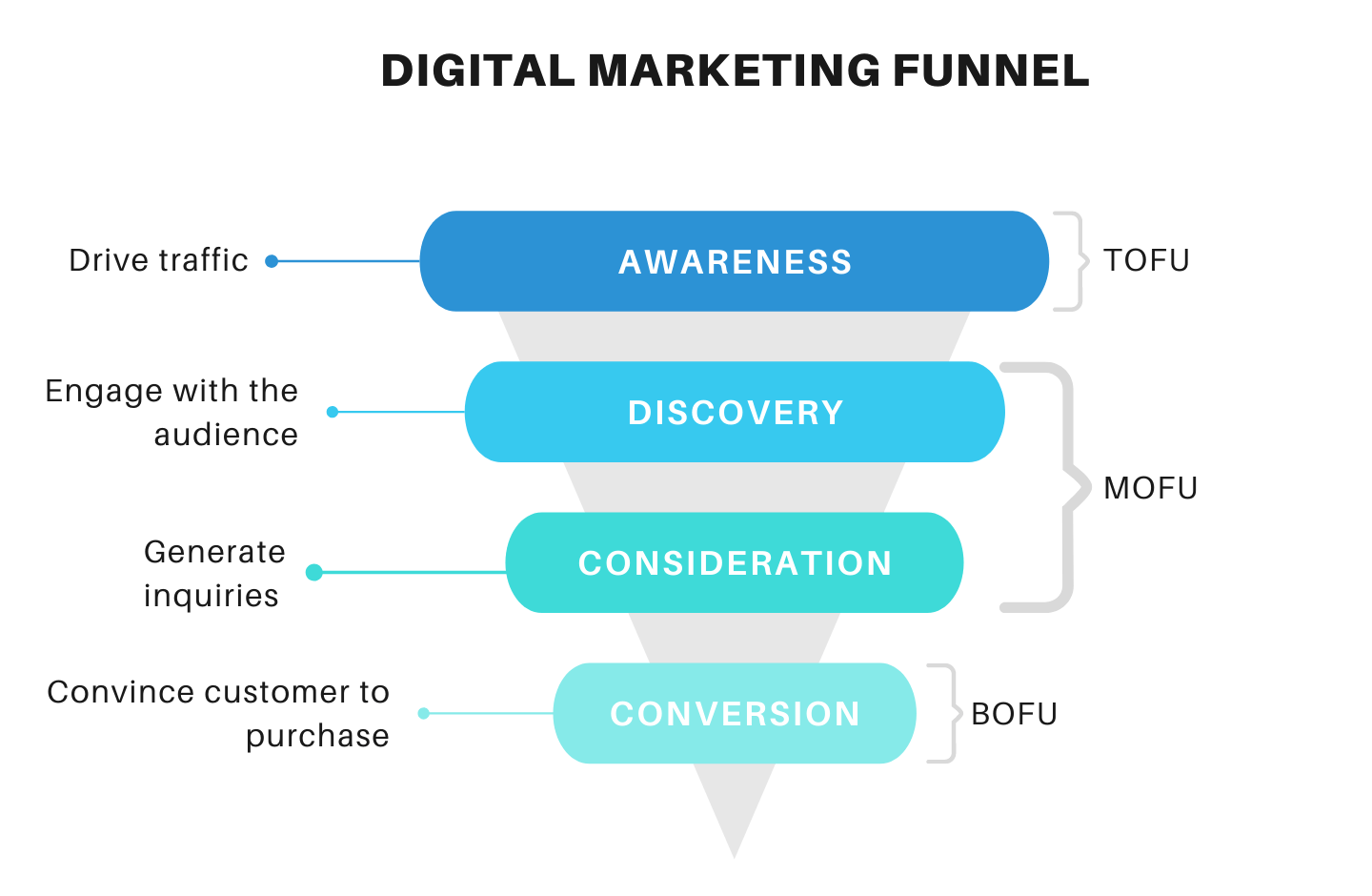
- Prioritizing clicks
- Balancing search and display
- Channels
Strategy for Digital Marketing
It should be one of the primary focuses of almost any business’s overall marketing strategy. Never before has there been a way to stay in such consistent contact with your customers and nothing else offers the level of personalization that digital data can provide. The more you embrace the possibilities of it, the more you’ll be able to realize your company’s growth potential.
Sharing Economy
The “sharing economy” refers to an economic pattern that aims to obtain a resource that is not fully utilized. Marketing channels within the sharing economy are typically divided into three domains including, e-mail, social media, and search engine marketing or SEM.
Other emerging marketing channels, particularly branded mobile apps, have excelled in the sharing economy.Branded mobile apps are created specifically to initiate engagement between customers and the company. This engagement is typically facilitated through entertainment, information, or market transaction.
CONCLUSION
Digital marketing, specifically, refers to ‘achieving marketing objectives through applying digital technologies and media.’As we can see the internet is by far not the only place for marketers to gain success even today.Of course, no one can afford to miss out on the opportunities of the web and, eventually, every marketer will have to master online marketing.

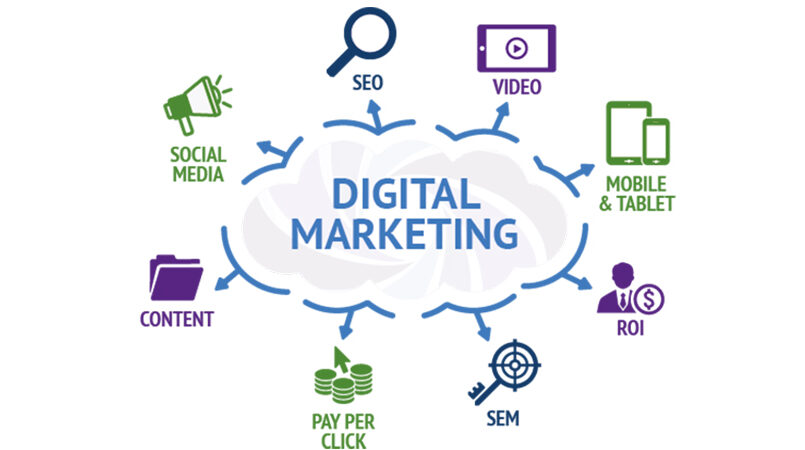
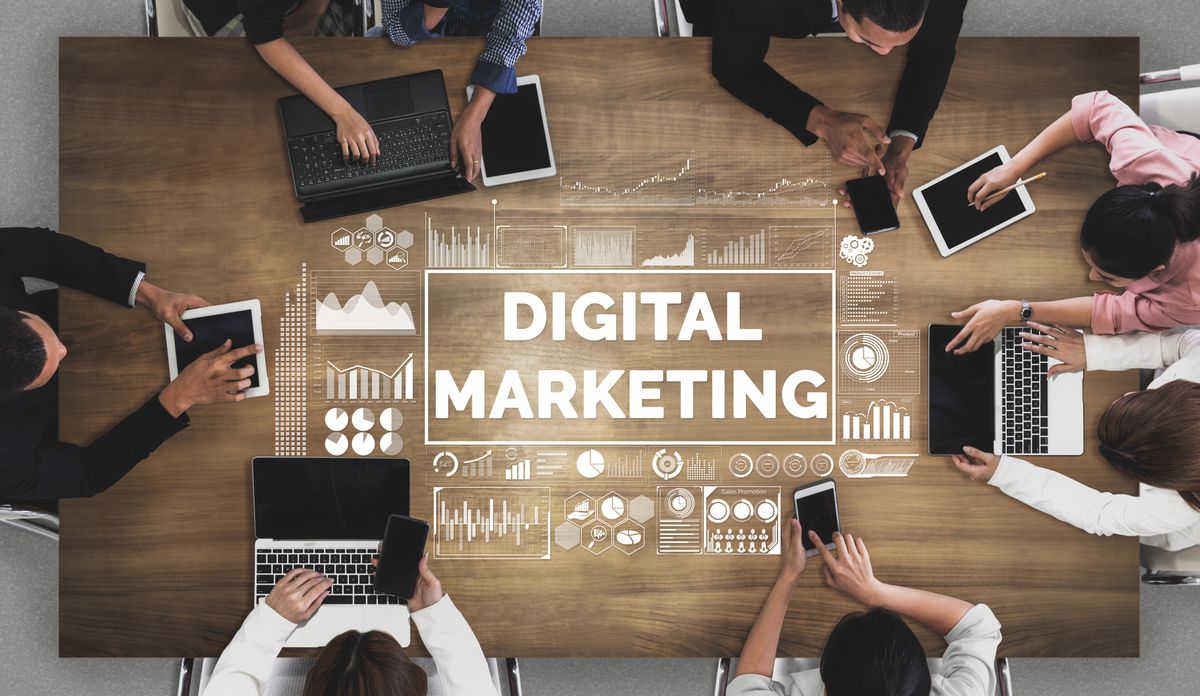
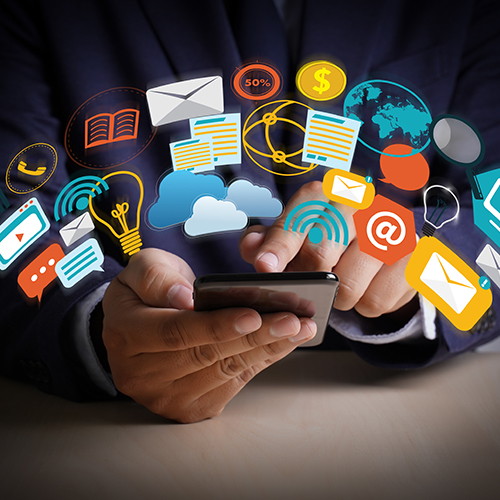
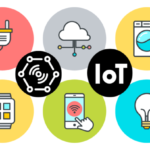
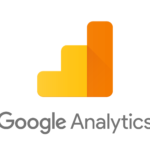
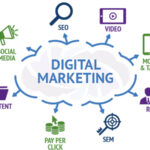




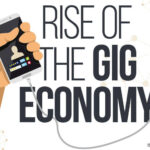
I really enjoy reading and also appreciate your work.